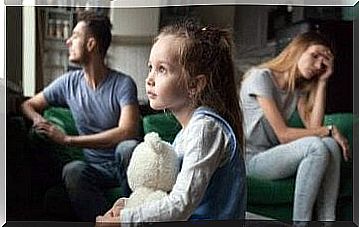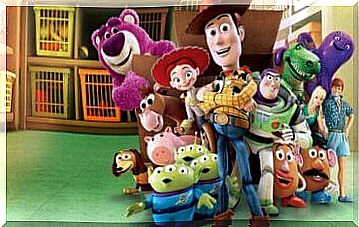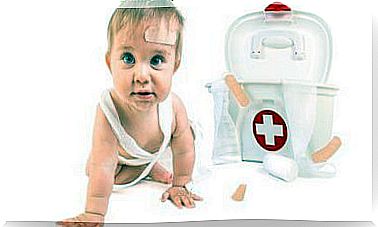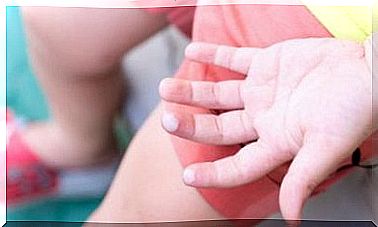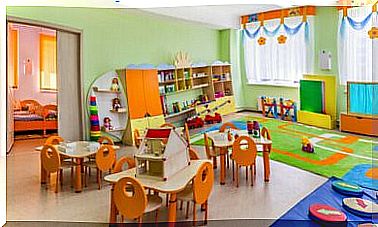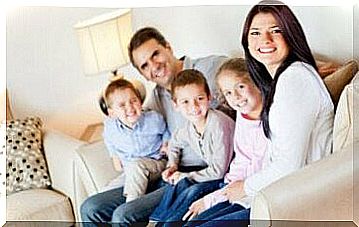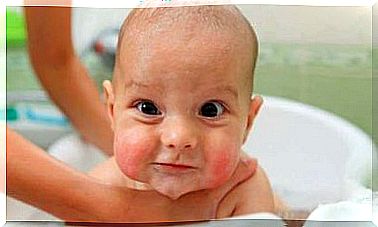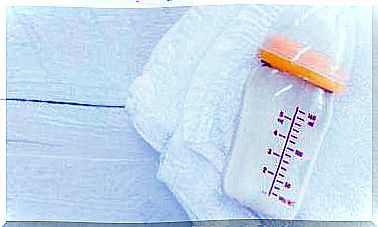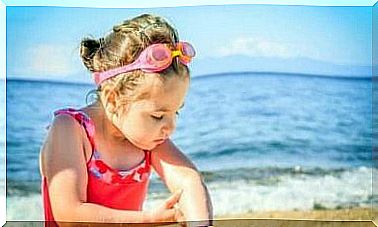The Educational Responsibility Of Parents – Being Parents
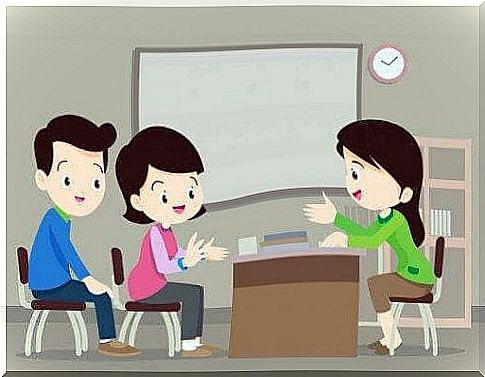
The educational responsibility of parents at school is one of the pillars of quality education. Coordinated action between school and family is fundamental. This will guarantee education as such.
If the school and the parents get along well, the trust will always be more fluid. Parents and teachers know they are in different spaces. It will nevertheless be shown that they are complementary.
Family-school relationship: the educational responsibility of parents
In the book Parents’ participation in school by Pulpillo Ruiz y Ambrosio J. (1982), it was established that a great change in the family-school relationship was taking place. The changes in this area are evident.
The parent-school relationship is a relationship that has always existed and is constantly evolving. Previously, parents left all educational responsibilities for their children to schools. In other words, they cared little about putting them into practice.
Little by little, parents are changing their attitude. They start to worry about how to educate their children in school. In Spain, before the LODE ( Ley Orgánica del Estado , the Organic Law of the State, promulgated in 1967), parents only entered schools individually.
They participate today in the management of the establishment also as a collective. In addition, they are including representatives within it. Indeed, they are elected by a collective of other parents.
Educational responsibility of parents: its importance
It is fundamental that family and school are in touch. Indeed, there are many reasons for stimulating the participation of parents in school life. Said participation leads to effects such as:
- Better self-esteem in children.
- More positive family relationships.
- Better academic performance.
- Parents’ attitude more committed to school.
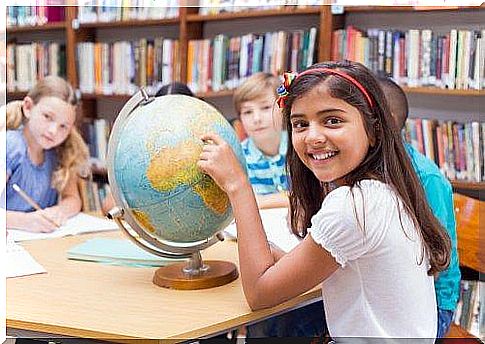
As for them, the teachers, by noting this participation of the parents, they also obtain positive consequences:
- Better communication of the goals they want to achieve.
- Better dissemination of the methods they use.
- Greater transparency of the model and of each of its training processes.
The more parents participate in decision-making, the more effective the decision will be. It is therefore an ongoing collaboration of parents with teachers. However, parents should not forget their own responsibilities.
Educational responsibility of parents shared with teachers
Parents should share responsibilities such as the transmission of norms, values, customs, etc. with teachers . The socialization of children begins with the parents. That is why it is important that the transmission of values of any type is something very close to them.
- The development of social habits of autonomy. It is up to parents to teach the child strategies for being independent. They must also educate them in terms of hygiene, meals and clothing. Without forgetting the emotional capacities, like assertiveness.
- Teaching knowledge or educational strategies. Parents can teach children strategies to develop their knowledge. For example, they can teach them to study.
- Respect for family rules and responsibilities. The task of making these rules known is part of the educational responsibility of parents. All the same, we must not forget that this task must be shared with the teachers in a similar and simple form.
Parents grouped into groups: AMPA
The figure of AMPA ( Asociación de Padres y Madres de Alumnos, Spanish Association of Parents of Students) has the role – in many schools – of actively involving families. Parents’ intervention in schools is thus guaranteed.
The parents who make up AMPAs often have a fundamental purpose. They wish to achieve common objectives of proposals and alternatives to enrich the education of their children. Families should bear in mind that participating in school life with AMPA should help them achieve the integral development of children.
Another of the interesting tasks of this association is to train families in the educational criteria and the development of their children. AMPA normally tries to involve parents in the education of the students as well as in their own educational responsibilities.
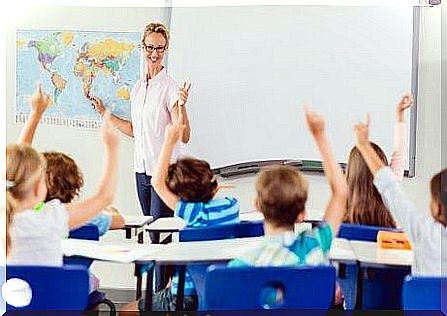
Parent-teacher meetings
These parent-teacher meetings should be used to help the overall education of children. Many teachers feel that parents tend to control during meetings. It is fundamental to forget this intention of control. It is above all necessary to seek sincere collaboration.
Both parties, teachers and parents, should see the educational reality as a path on which to share cooperative actions and seek a common goal: the integral formation of the pupil.
In conclusion, parents should not give up their educational responsibilities. They should not think that in the school, the teachers will be 100% responsible for the education of the children. Ultimately, their role is as important as that of teachers.
